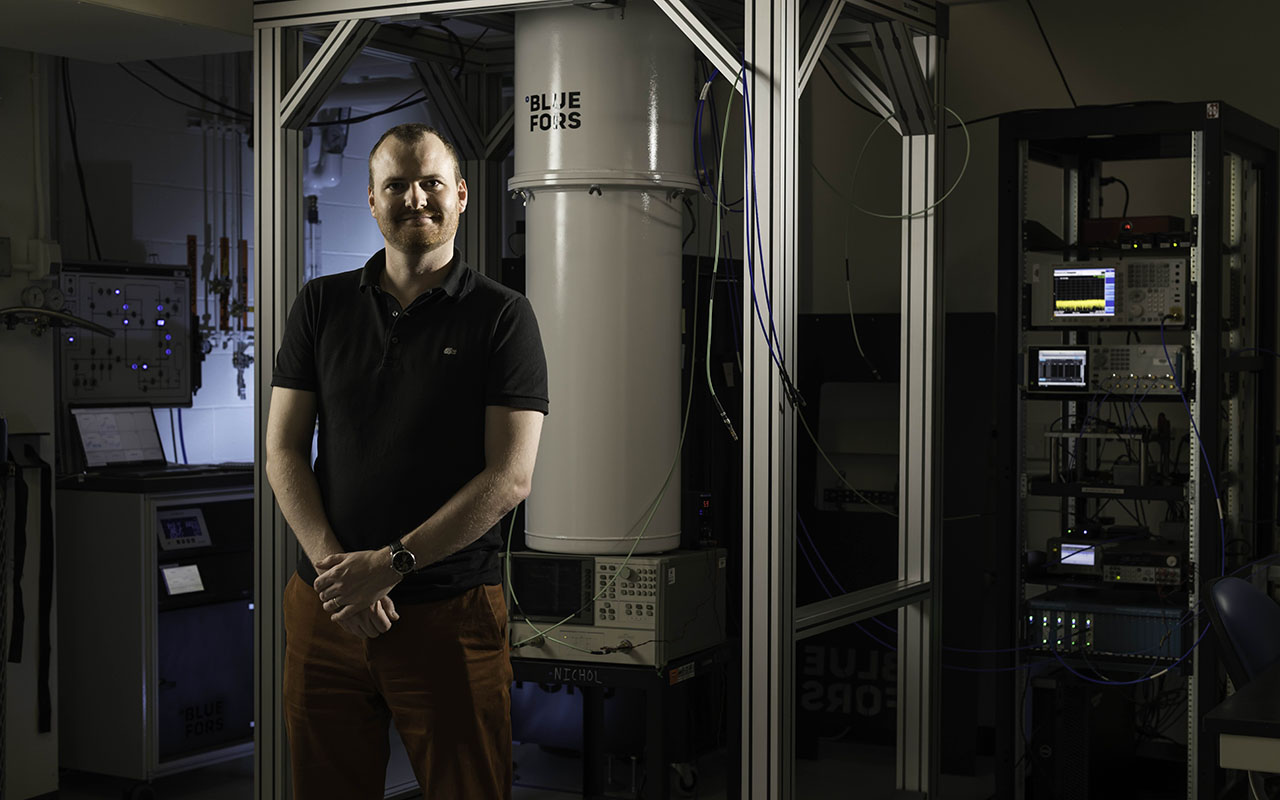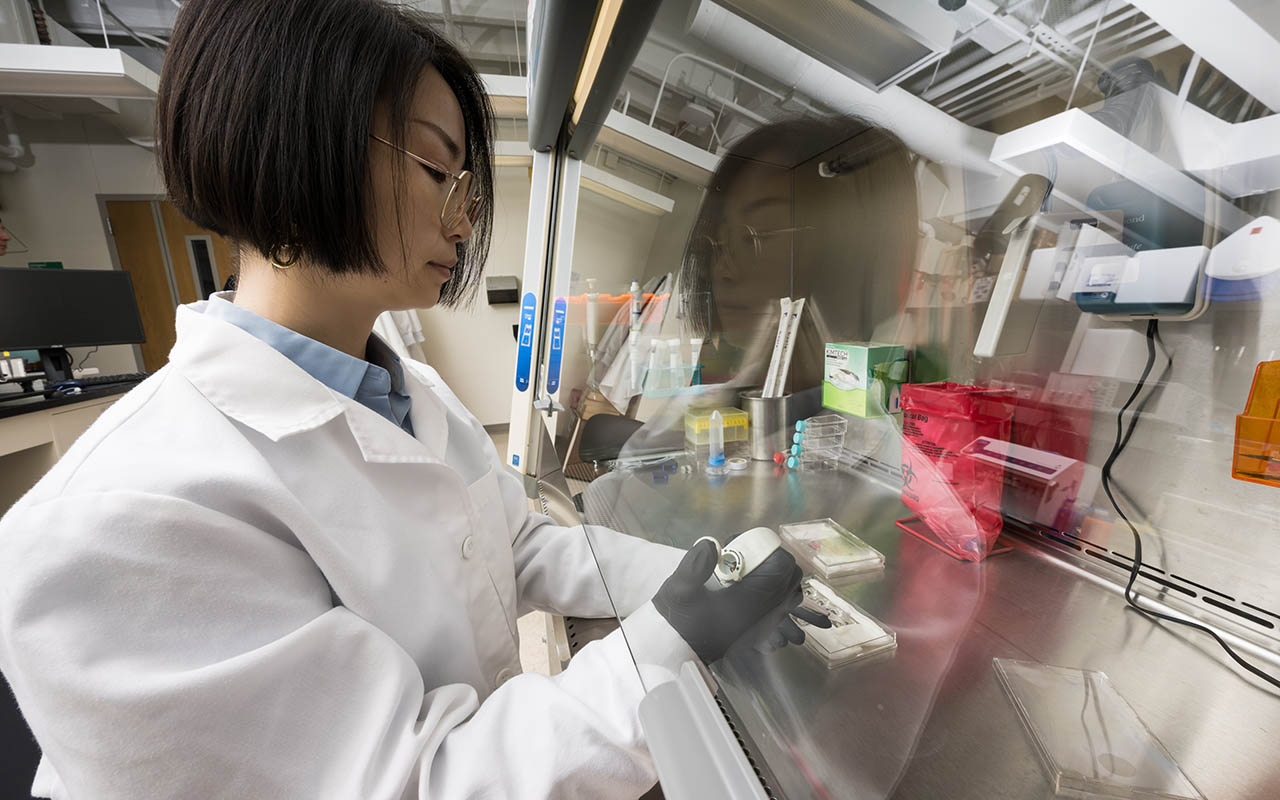Solomon Abiola believes it is well within our reach to predict the spread of infectious diseases like Zika and Ebola with the same accuracy we predict hurricanes and other catastrophic weather events.
And this fall, he will have a chance to make his case on an international stage — at the Falling Walls conference in Berlin, Germany.
Watch Abiola’s award-winning three-minute pitch: Breaking the Walls of Infections Disease
Abiola, a dual PhD candidate in translational biomedical sciences and computer science, won the University’s second annual Falling Walls competition Wednesday, earning him the right to compete in Berlin against 99 other researchers from around the world. Each will give a three-minute pitch, as in the Rochester competition, in front of leading scientists and innovators.
“I obviously hope to win, but on larger scale I think it is really about disseminating knowledge,” Abiola said. “That’s my goal as a researcher and PhD student, being able to share knowledge and help drive innovation in this field.”
Abiola will describe his work on a mobile health application known as Node, which uses real time, geo-spatial, symptom-based health questionnaires to help health officials track and respond to disease outbreaks as they occur.
LEARN MORE: New smartphone app would track spread of Ebola (May 21, 2015)
The app works like this: A cellphone user living in a region with a dangerous epidemic downloads the program. Every morning, the app sends the person a series of questions about how they are feeling and prompts them to seek help if certain criteria are met.
“Everybody has access to cell phones,” Abiola noted. “In the next 10 to 20 years even the poorest people will have smart phones. If we can leverage that technology, we can reach billions of people, even in wartorn countries where governments are unable to fund a health infrastructure.”
Abiola’s first place prize includes $500 and all travel and lodging expenses paid for the Berlin conference.
Second place and $300 went to Sara Nowacki, a graduate student in the lab of Hani Awad, professor of biomedical engineering and of orthopaedics, for describing how teriparatide, integrated into matrices, can improve cartilage regeneration.
Third place and $200 went to Karl Smith, a PhD student in biophysics and a member of the lab of James McGrath, professor of biomedical engineering, for describing his use of physics to make water behind a filter form a mixer vortex, reducing the difficulty of normal stirring when fluids stick to surfaces.
A total of 19 competitors presented.
Last year’s winner, Ryan Trombetta, a PhD student in Awad’s lab, finished 12th in the Berlin competition for his description of using 3D printed bone grafts to treat osteomyelitis
Abiola is co-advised by Raymond Dorsey, the David M. Levy Professor of Neurology and director of the Center for Human Experimental Therapeutics and by Henry Kautz, the Robin and Tim Wentworth Director of the Goergen Institute for Data Science, and professor of computer science.
“The key thing I always think about is how do we leverage innovations together,” Abiola said. “A researcher using a smart phone can enable telemedicine to reach a broad audience at the same time I’m accessing it for information for infectious disease control. You’re now bringing together two people who might never work together in basic science. The technology is pulling researchers together.”




